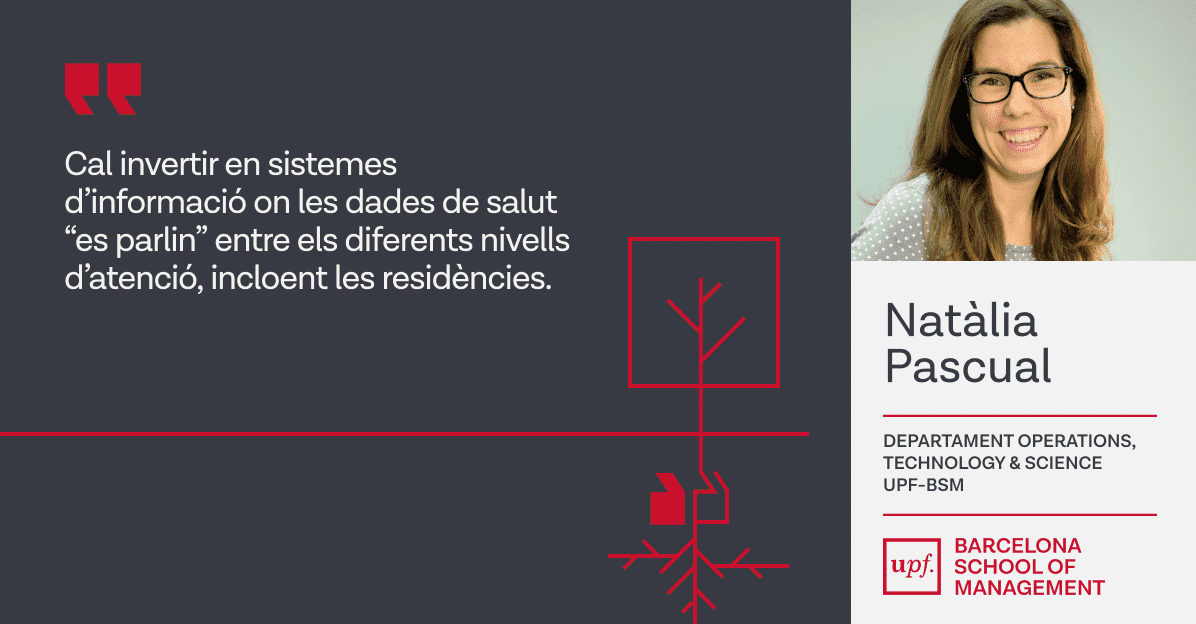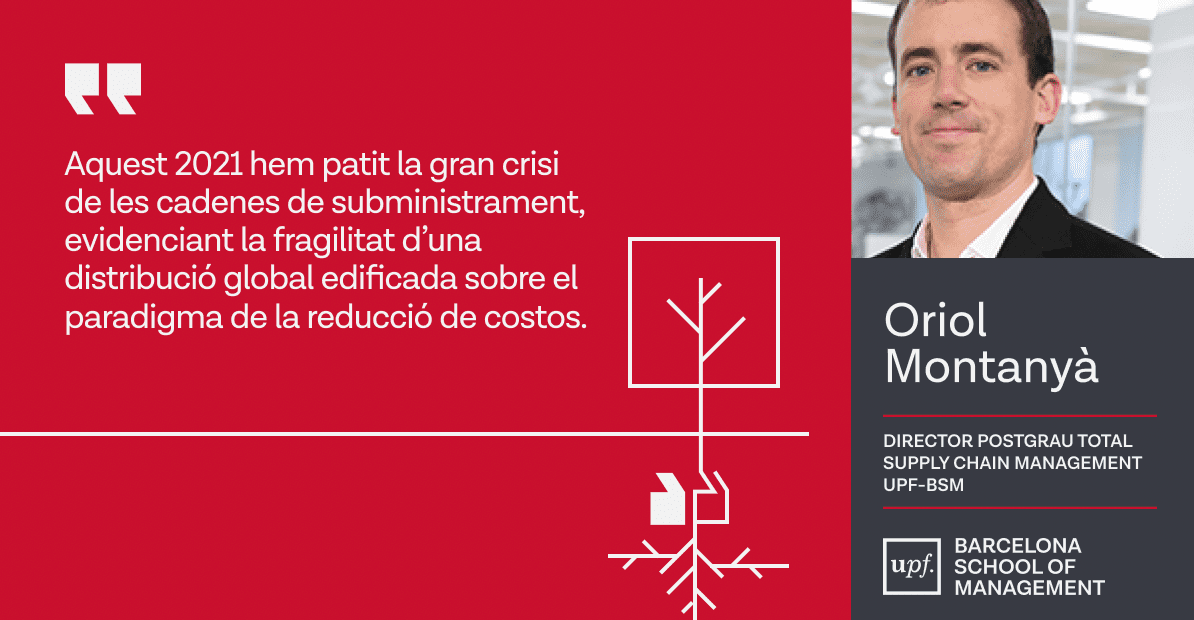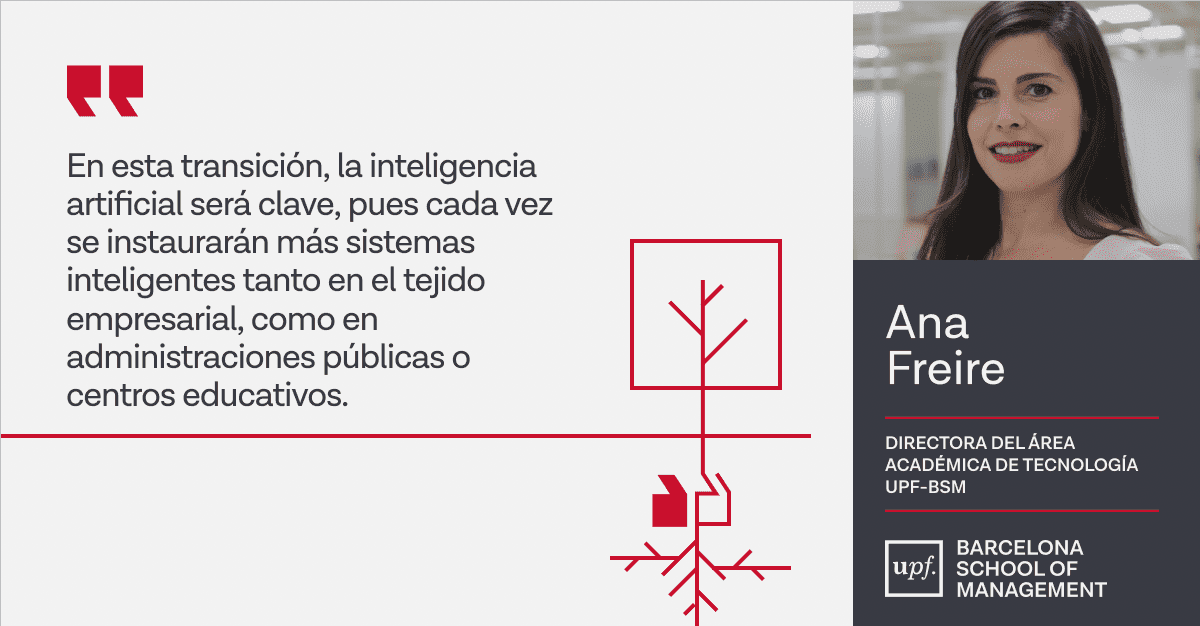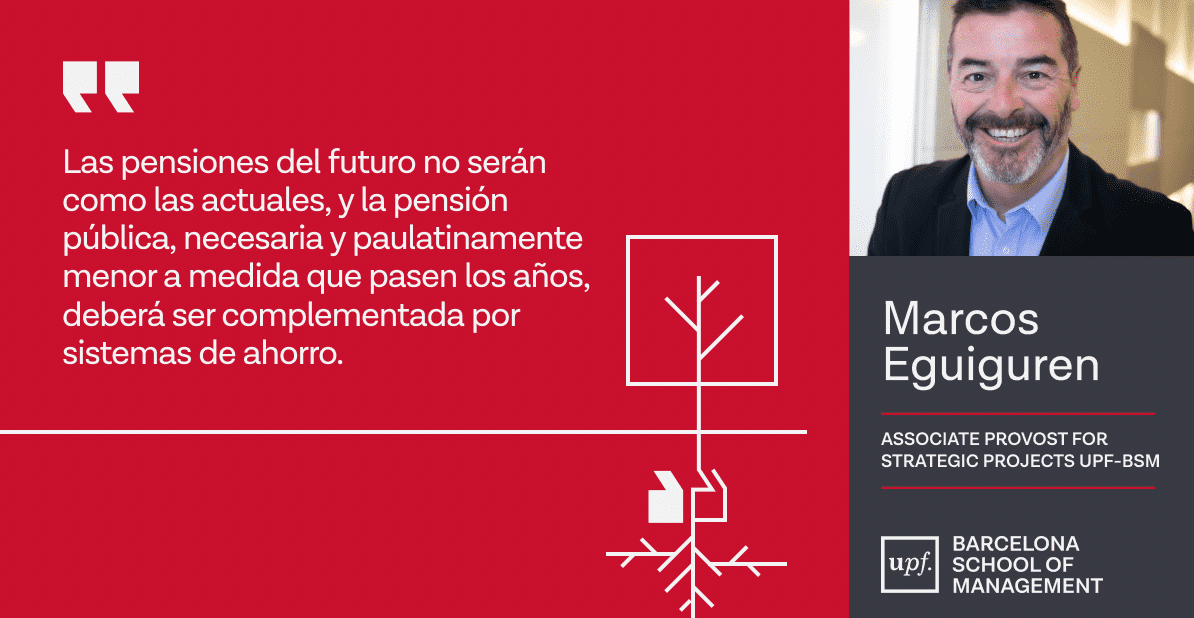Quins són els temes que han marcat l'agenda mediàtica del 2021? Com evolucionaran de cara a l'any 2022? El professorat de la UPF Barcelona School of Management que ha abordat algunes d'aquestes qüestions més destacades n'analitza la continuïtat de cara al nou any.
The end of the year is the perfect time to take stock. This has already been done by companies such as Instagram and Spotify, which have started offering their customers options such as Instagram Playback, which automatically collects the stories of each user, or Wrapped, which lists the songs and artists most listened to by each user, respectively.
Beyond brand strategy, December is a good time to review the topics that dominated the media agenda of the year. While the coronavirus crisis has undoubtedly taken center stage in all areas of our daily lives, issues such as the global logistical collapse, soaring inflation, debates on the future of pensions and the importance of preserving mental health have also been closely followed.
The faculty at the UPF Barcelona School of Management has analyzed some of these issues based on articles published weekly in our newsletter. Now, how will they evolve in 2022? Will blockchain continue to boom? Will telework regulation become a reality?

"The healthcare system has learned to live in a situation of permanent uncertainty," argues Natàlia Pascual, Executive Director of the GSK Chair in Health Economics. "Continuous data analysis has been key to making decisions," she adds, and assures that in these two years of the pandemic they have learned to "modulate the strategies for applying containment measures" according to the incidence of the virus, seeking the "best possible balance between the economy and health binomial". With respect to 2022, Pascual calls for an improvement in telemedicine and in the accessibility and use of mobile devices in healthcare.
Economy: how to curb inflationXavier Puig, lecturer in the Master in Finance and Banking, believes that, beyond the logistical crisis, the excessive rise in inflation is the result of a "fundamental problem that has been dragging on since 20008: we have been doping the world economy with stratospheric monetary methadone". "The inflation problem has done nothing more than challenge the central banks and make them rethink this medicine," reflects Puig. In this sense, the professor believes that the challenges of the coming years will be the management of excessive indebtedness of families, companies and countries; the application of ESG criteria in all sectors of activity; and the modulation of the actions of central banks.
Work: towards a hybrid modelWhereas before the pandemic, teleworking was a residual option, the health crisis forced its implementation. "It was adopted as an emergency measure without the necessary digital tools and without taking into account the risks," warns Erola Palau Pinyana, researcher in the Dept. of Operations, Technology and Science and academic coordinator of the Sustainability Observatory who, however, acknowledges that "teleworking has been learned." "There is a lot of evidence to show that telecommuting, if well applied, works," she says. Palau, therefore, predicts that in 2022 the hybrid work model that combines face-to-face and remote work will materialize. "Companies that do not offer this option will be left behind," he warns

Oriol Montanyà, Director of the Operations, Technology and Science Department and of the Postgraduate Course in Total Supply Chain Management, wonders whether the supply chain crisis could be the prelude to a change in the global model. "This 2021 we have suffered a major logistics crisis, highlighting the fragility of a global distribution built on the paradigm of cost reduction," says Montanyà. Once the period of higher sales and greater stress for the logistics chain has passed, the professor indicates that a relevant dilemma arises: "Will we forget what has happened and return to the same model or will we see a real change, with closer, more resilient and sustainable value chains?
Sport: women's soccer victory"This year has been historic for women's soccer, especially in Spain and in Europe," celebrates the Director of the Master in Sports Management, Xavier Moya, who alludes to FC Barcelona's hat-trick and the Ballon d'Or awarded to Alexia Putellas, the first Spanish player to win it. In this context, Moya explains that the main international soccer institutions "want to make a firm commitment and invest more resources in women's soccer". A strategy that will also be followed by the brands, for whom it is an increasingly "more attractive" sport. "It has become a phenomenon on a social level and has acted as a driving force in the practice of sports for many girls," he concludes.
Technology: betting on artificial intelligence"Despite the rapid digitization we have undergone this year, many efforts are needed to keep pace with the technological revolution", predicts the Director of the Academic Area of Technology, Ana Freire, who confirms that artificial intelligence "will be key", as "more and more intelligent systems will be installed in the business fabric, in public administrations or in educational centers". Thus, in order for society to keep pace with this revolution, Freire calls for a "great effort in education so that no sector is excluded; regulate the development and use of technology to adapt it to new advances; and promote technology in a sustainable way".

Blockchain technology has reached its peak this 2021. "This year the technology of distributed records has shown its great potential, but also its lack of maturity and experience," says Luz Parrondo, Director of the Dept. of Finance, Accounting and Control and of the Postgraduate Course in Blockchain and other DLT technologies, who assures that this technology "is overconfident and often promises unrealistic or oversized objectives". The professor advocates "guiding it firmly and establishing the necessary limits" for 2022, since it will be "the year in which society will validate or impede its progress, in which it will become evident whether it transgresses or disappoints".
Pensions: closing the details is important"We have experienced several trial balloons from the Spanish government, although without any central reform of the system", says Marcos Eguiguren, Associate Provost for Strategic Projects and Director of the International Chair of Sustainable Finance, who regrets that "the accounts do not work out". "There is too much small print to be specified and, as we know, the devil is in the details," he says. In this sense, Eguiguren imagines that 2022 will be the year of the details: "we will see if there is a commitment to favor collective savings through simpler, cheaper pension plans that reach everyone so that no one is excluded".
Mobility: tourism is back to normalWhile it is true that mobility has regained some of its pre-pandemic pace this year, only 50% of the ridership recorded in 2020 has been achieved. Andrei Boar, professor in the Dept. of Finance, Accounting and Control and expert in mobility and infrastructure, justifies this by the "new labor trends and intermittent restrictions experienced during the year". However, 2022 will be the year of the consumption explosion. "If the omicron variant allows it, the savings accumulated during the almost two years that we have been immersed in the health crisis by covid-19 will allow mobility to recover and we will experience a generalized increase in tourism".
